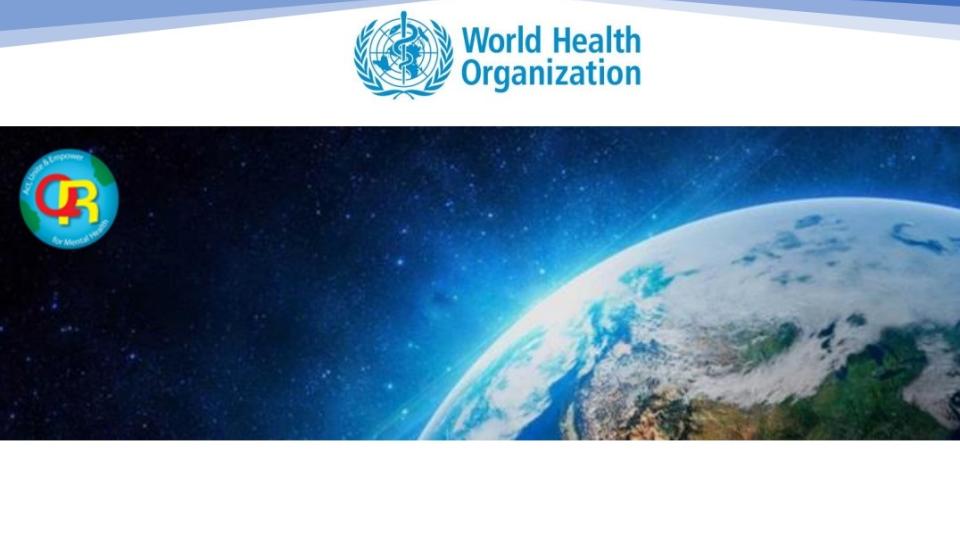ICN and WHO offer free e-training for nurses on mental health, recovery and community inclusion

The International Council of Nurses (ICN) and the World Health Organization (WHO) are collaborating to roll out the online QualityRights e-training programme on mental health, recovery and community inclusion.
The course, which is available free of cost in 11 languages1, covers a full range of issues relevant to training nurses including how to better support people with mental health conditions in their journey towards recovery, how to take care of one’s own mental health as well as that of families, friends and colleagues, and how to effectively tackle stigma, discrimination, abuse and coercion in mental health services.
Nurses and nursing students who complete the entire course will receive 24 International Continuing Nursing Education Credits (ICNECs), acknowledging their completion of 24 hours of continuing professional development study: No application to ICN is required.
ICNEC points constitute evidence of continuing professional development and may be used as part of a nurses’ professional profile or portfolio as proof of the nurse’s continued competency, and required for registration, re-licensure and career advancement.
Nurses around the world are encouraged to take the WHO QualityRights e-training and also to share information about the e-training with colleagues, people using the services, their families, care and support partners as well as within their wider networks. This will help ensure a new and much needed approach in service provision where the treatment, care and support provided are rights-based and recovery oriented.
|
Sign up to the WHO QualityRights e-training here WHO QualityRights e-training – Module overview Module 1: Human Rights Module 2: Human rights, mental health and disability Module 3: Legal capacity and the right to decide (including an advanced case study) Module 4: Ending coercion, violence and abuse (including an advanced case study) Module 5: Quality services and community inclusion Module 6: Mental health, well-being and recovery |
1 English, Spanish, French, Armenian, Bosnian, Czech, Estonian, Filipino, Italian, Polish and Turkish